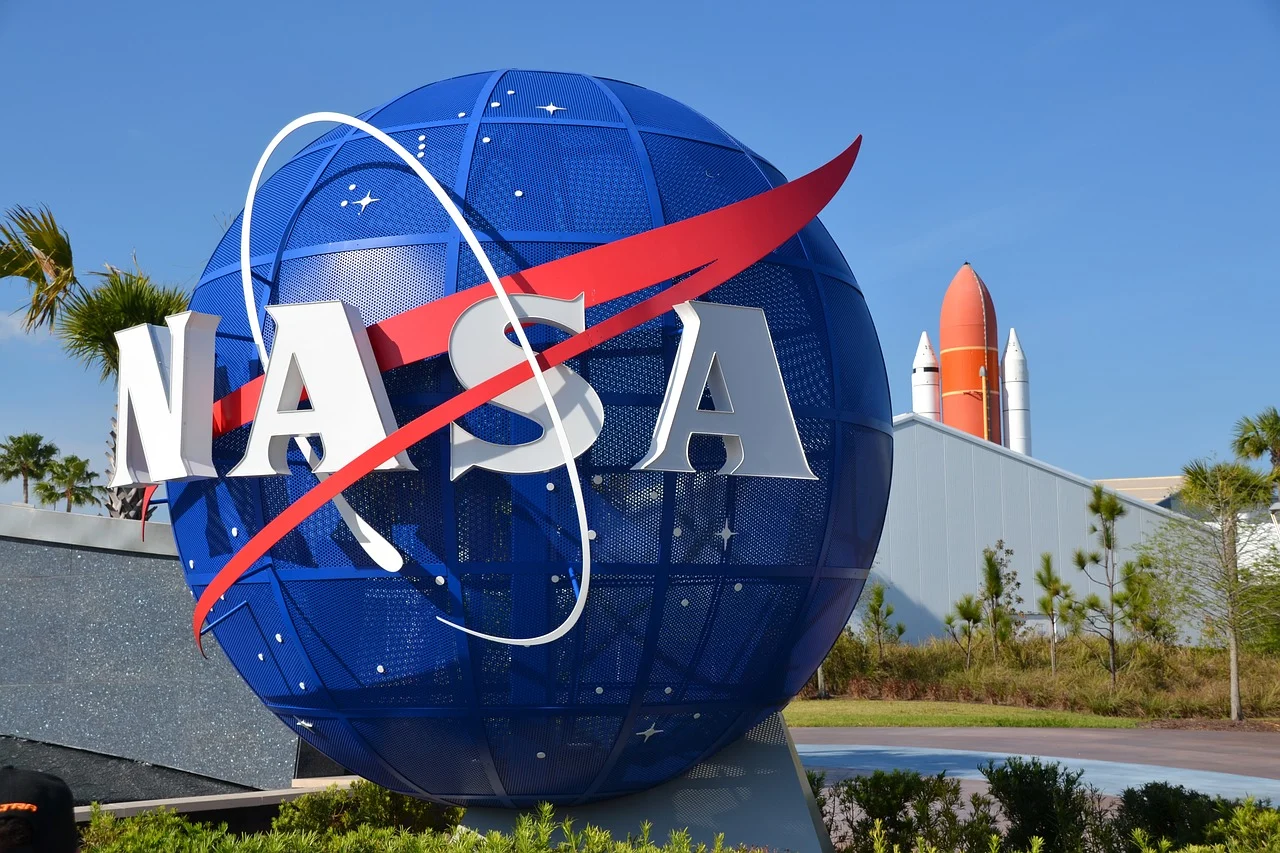Science News Roundup: Collision with NASA spacecraft altered shape of asteroid Dimorphos; New fish invade the Adriatic Sea, threatening local species and more
It was named Pebanista yacuruna after the Yacuruna, a Peruvian mythological being that lived in deep water. Study of 'twin' stars finds some of them are planet-eaters The planetary system that includes Earth and its sibling planets orbiting the sun has been remarkably stable during its roughly 4.5 billion years of existence.

Following is a summary of current science news briefs.
Collision with NASA spacecraft altered shape of asteroid Dimorphos
When NASA sent its DART spacecraft to slam into the asteroid Dimorphos in 2022, the U.S. space agency demonstrated that it was possible to change a celestial object's trajectory, if needed, to protect Earth. It turns out that this collision changed not only the asteroid's path but its shape as well. The asteroid, which before the DART encounter looked like a ball that was a bit plump in the waist, now appears to be shaped more like a watermelon - or, technically, a triaxial ellipsoid, scientists said on Tuesday.
China launches signal relay satellite for mission to moon's hidden side
China on Wednesday launched a satellite that will act as a communications bridge between ground operations on Earth and an upcoming mission on the far side of the moon, marking a new phase in the country's long-term lunar exploration programme. A Long March 8 rocket carrying the 1.2-metric ton Queqiao-2, named after a mythological bridge made of magpies, and two miniature satellites, Tiandu-1 and -2, blasted off from the southern island province of Hainan, state media reported.
Ancient humans had piercings just like us, archaeologists in Turkey find
Stone ornaments found around the mouths and ears of skeletons at an 11,000-year-old burial site in southeast Turkey prove that humans have been piercing their bodies since prehistoric times and thinking about self-image, archaeologists said. Although small, thin and pointed stones have been found on several digs in the Fertile Crescent, which includes parts of modern-day Turkey and Iraq, and which is where ancient humans settled to farm, it was not known what they were used for - until now.
Launch aborted of Russian Soyuz spacecraft seconds before blast-off
The launch of a Russian Soyuz spacecraft was aborted just seconds before scheduled lift-off to the International Space Station (ISS) on Thursday and the crew of a Russian, a Belarusian and an American were safety evacuated. "Launch!" mission control said in Russian as the rocket was shown at its launch site at the Baikonur cosmodrome in the steppe of Kazakhstan with its a main umbilical shown moving away.
New fish invade the Adriatic Sea, threatening local species
For decades, Croatian fisherman Marko Kristic has cast his nets in the sparkling waters of the Adriatic Sea. Now an invasion of the Mediterranean parrotfish is endangering his traditional catch and his livelihood, he says. Due to climate change and increased maritime traffic, the parrotfish, along with around 50 new species, has spread to the Adriatic, threatening the native fish population.
Fossil of 16-million-year-old river dolphin found in Peru
Scientists on Wednesday unveiled a 16 million-year-old fossil skull unearthed in Peru of a river dolphin that once swam in waters that are now the Amazon, and whose closest living relative is the South Asian river dolphin in India's Ganges River. Paleontologist Rodolfo Salas said the skull belonged to the largest dolphin known to have inhabited the waters of South America, measuring 3 to 3.5 meters long (9.8 to 11.4 feet). It was named Pebanista yacuruna after the Yacuruna, a Peruvian mythological being that lived in deep water.
Study of 'twin' stars finds some of them are planet-eaters
The planetary system that includes Earth and its sibling planets orbiting the sun has been remarkably stable during its roughly 4.5 billion years of existence. But not all planetary systems are so lucky, as shown in a new study involving "twin" stars. An examination of 91 pairs of stars with matching sizes and chemical compositions showed that a surprising number exhibited signs of having ingested a planet, scientists said on Wednesday, likely after the planet was sent hurtling out of a stable orbit for any number of reasons.
Russia says CERN decision to cut science cooperation is unacceptable
Russian Foreign Ministry Spokeswoman Maria Zakharova said on Wednesday that a decision by the European Organization for Nuclear Research (CERN) to cut cooperation with Russian scientists was politicised, discriminatory and unacceptable. CERN said in December it would cut cooperation with Russia from November 2024 and Belarus from June due to the war in Ukraine.
(With inputs from agencies.)
ALSO READ
NASA's Artemis Moon Mission: New Docking Test and Strategy Amidst Rising Competition
Suspected Russian Drone Intercepted Near Swedish Waters Amid NATO Exercise
Russia Mediates: Afghan-Pakistan Tensions Call for Diplomatic Solutions
Russia Calls for Diplomacy as Pakistan-Afghanistan Tensions Rise
Diplomacy on the Horizon: Prime Minister Sharif's Upcoming Russian Visit










